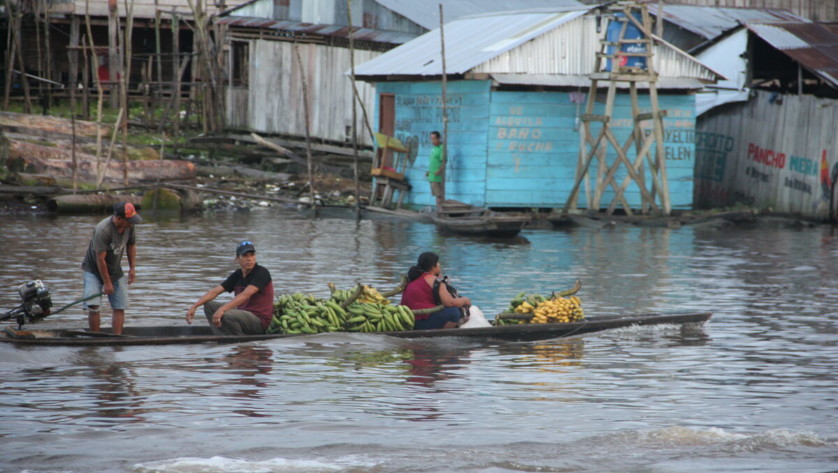Coming home
Luimer and Itza spent months pounding the streets for work and accommodation to set themselves up in Bucamaranga before they went back home to bring their two sons. Luimer is now teaching music at a church and Itza a domestic worker for a Colombian lady. After participating in the census, they have their residency papers, are in the process of enrolling their sons in school and hoping to gain nationality through Itza’s Colombian mother. Her experience reflects the overlapping patterns of migration in the region – Itza’s grandmother went to Venezuela decades ago to flee instability, and now her granddaughter is making the return journey.
LUIMER: We are from San Cristobal, Venezuela, near the Colombian border. In my previous life I was a music teacher with 160 students. But then the economy took a downturn.
There wasn’t as much work as I was promised so when we arrived, we had to hit the streets, selling chocolates, washing cars, doing construction etc. I have done lots of things I never thought I would do. I could barely use a hammer before. Now I have a job at the Free Life Church teaching keyboards, drums and guitar.
In the beginning we were living in a room only about a metre wide. Now I feel that this is our family home, we decorated and set ourselves up, and we have a dog.
Every week the local Red Cross organises a social gathering for migrants. A lot of Venezuelans go into their own survival mode when they arrive and don’t always interact with each other so it’s nice to meet up to share stories and make friends.
ITSA: I used to work at a café, on the minimum wage. Then, two years ago, this became not enough to survive.
A lot of people have left. My father is in Peru. My brother-in-law and sister are in Chile; friends in Ecuador, cousin in Panama…but my mother and sister are back in San Cristobal [Venezuela] and we left the kids with them while we set ourselves up here, which required a lot of strong will.
We like it here because it’s close enough for us to visit our family once in a while. My father has said that he can arrange some work in Peru, but I don’t know if I want to go through the process of moving again.
 Red Cross Red Crescent magazine
Red Cross Red Crescent magazine 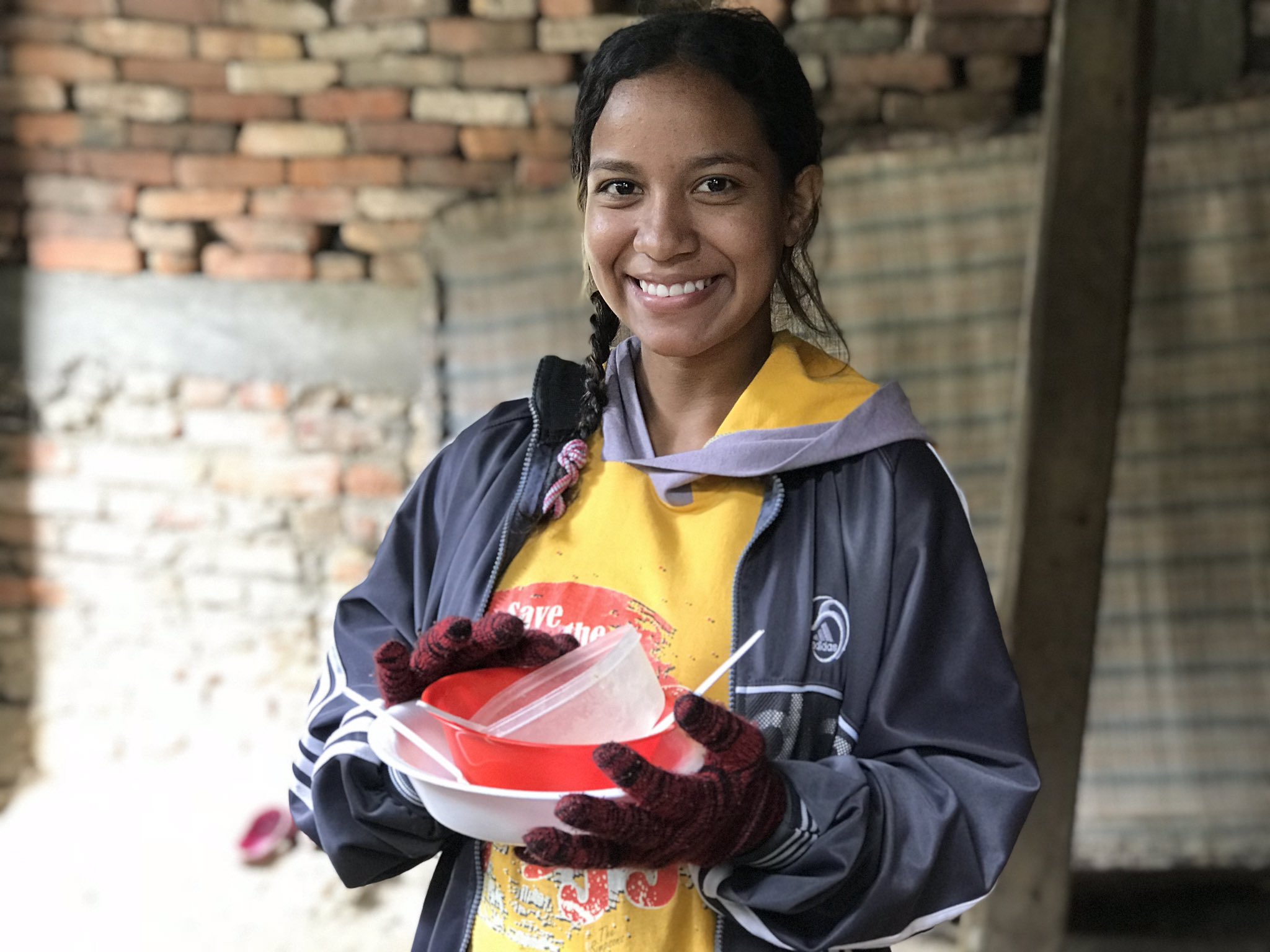
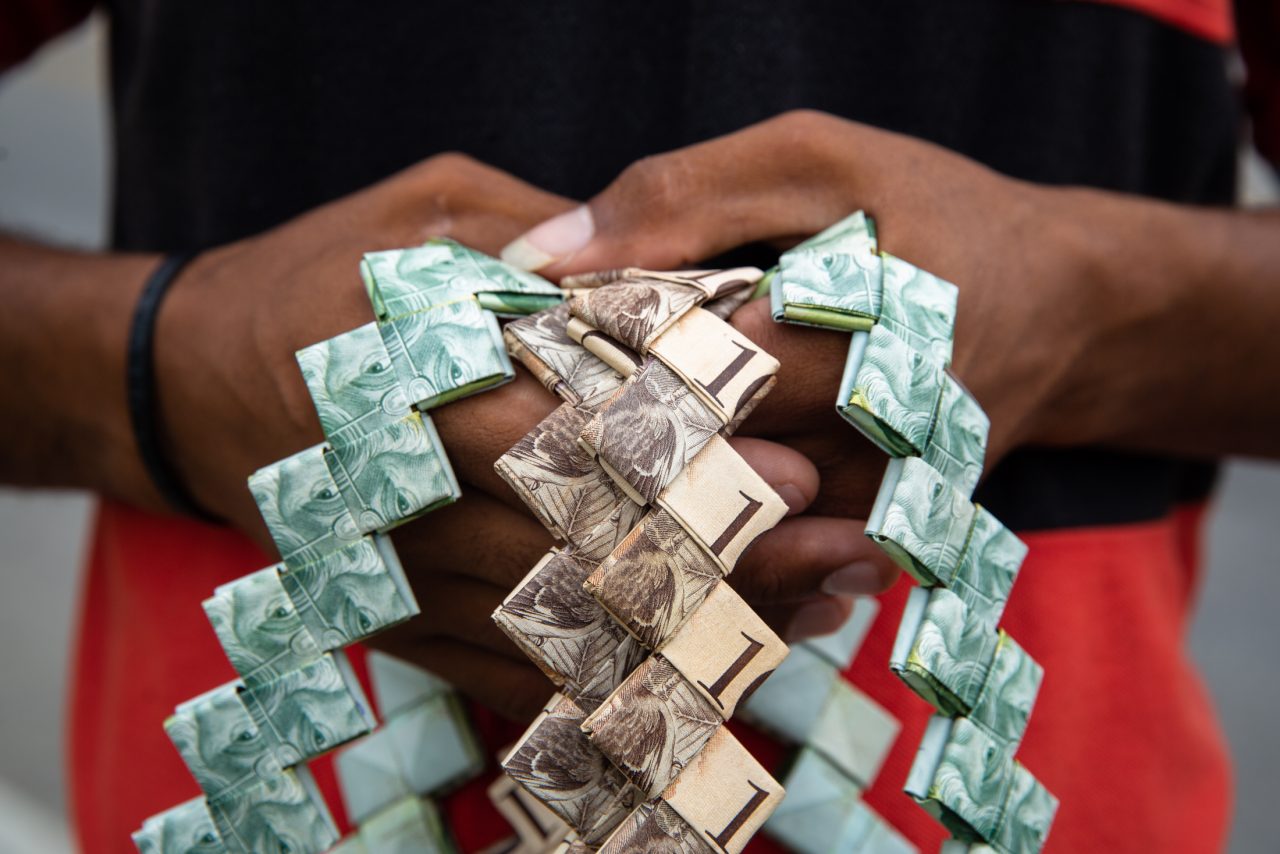
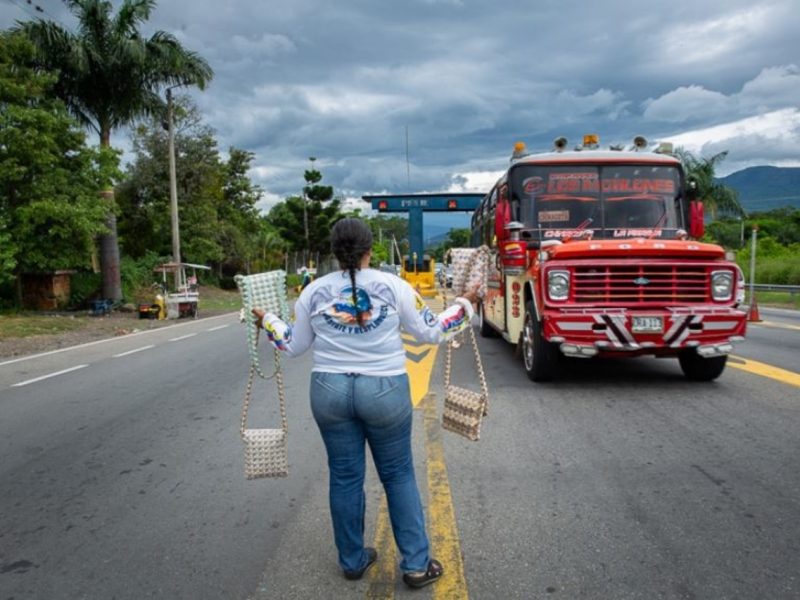
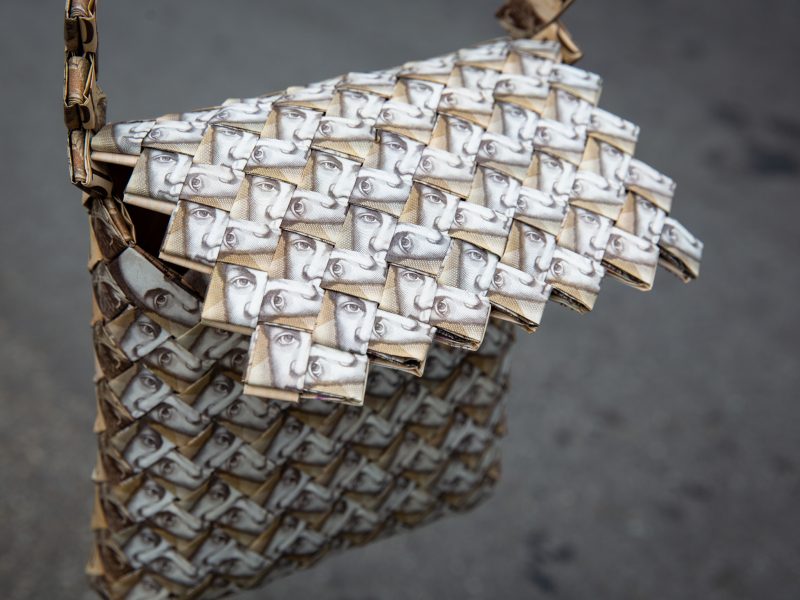
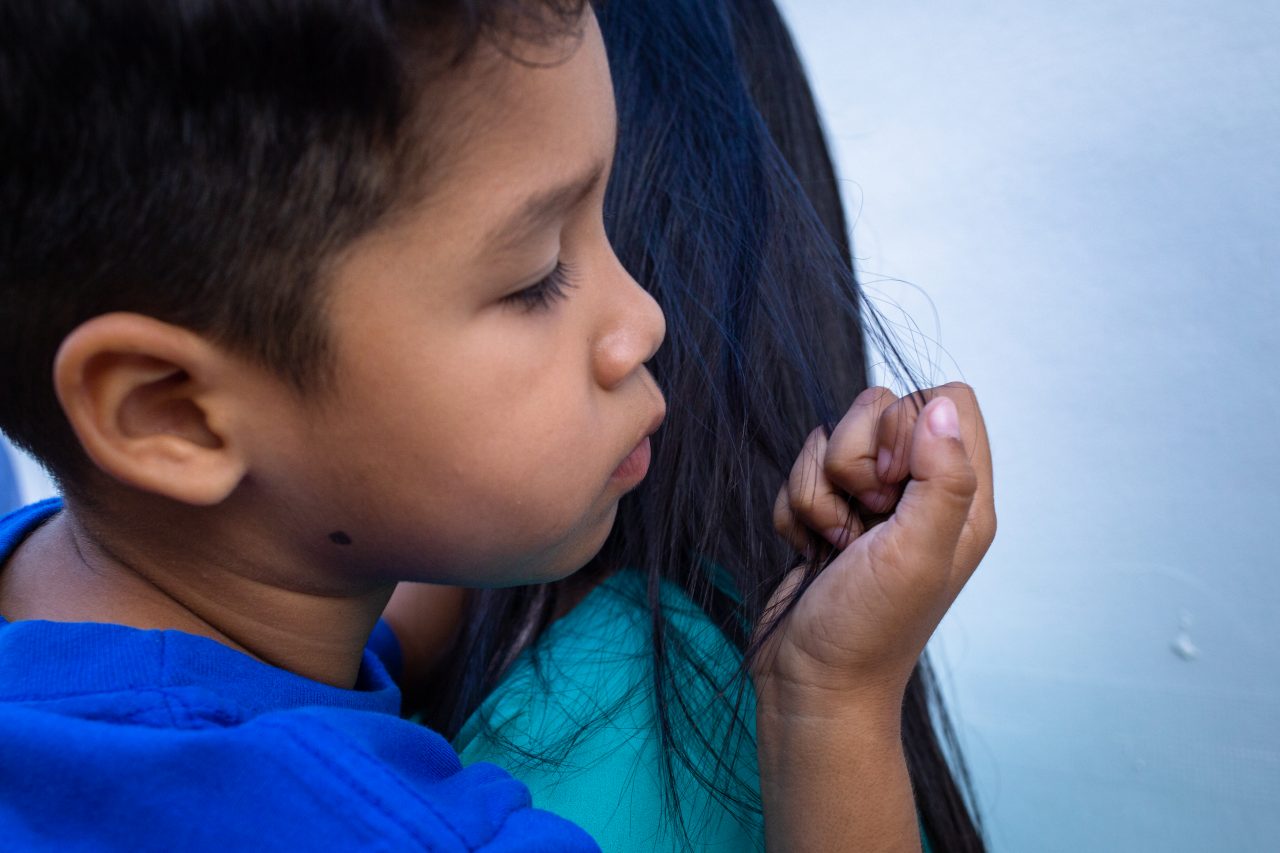
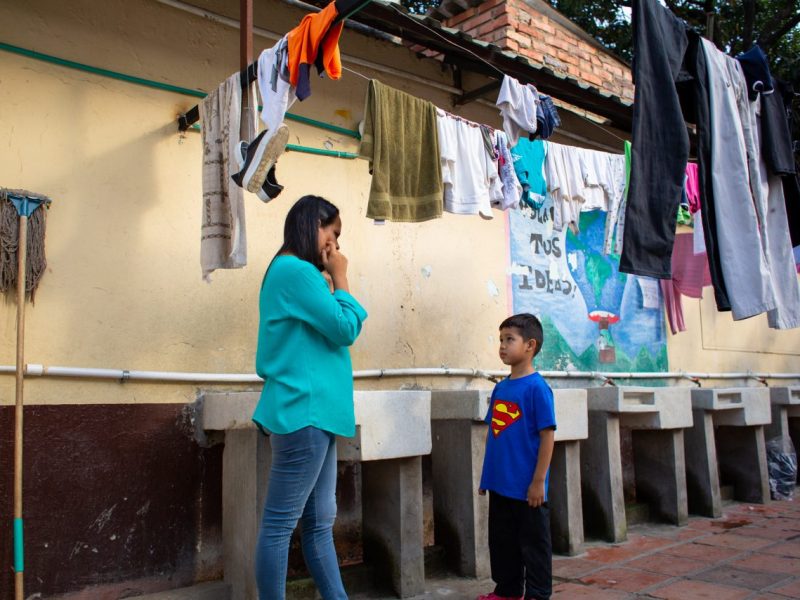
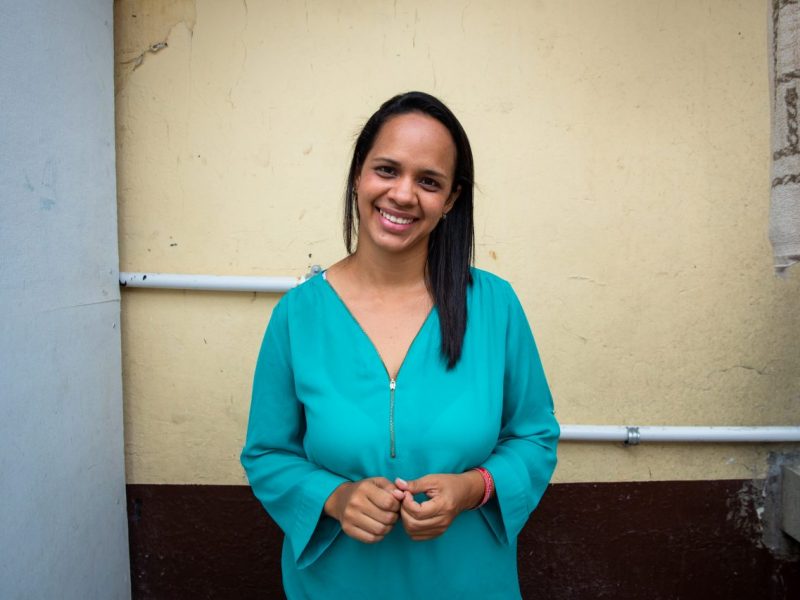
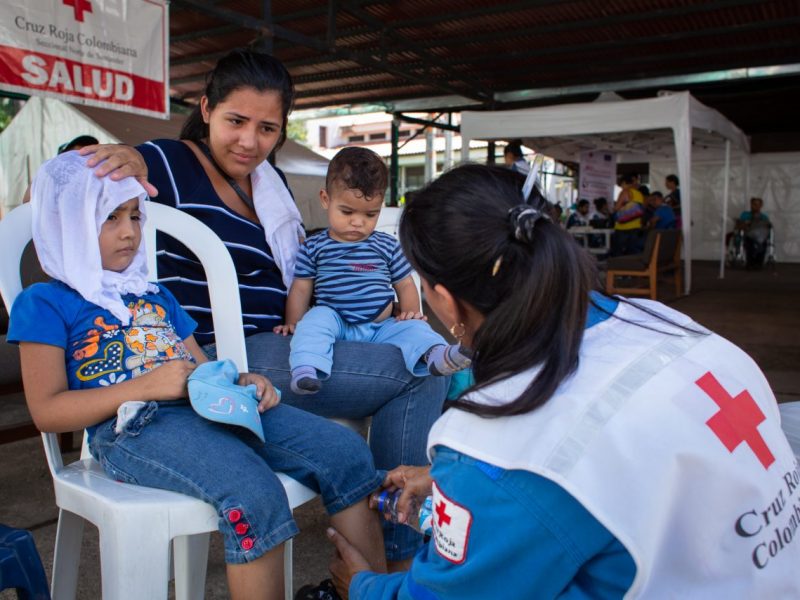
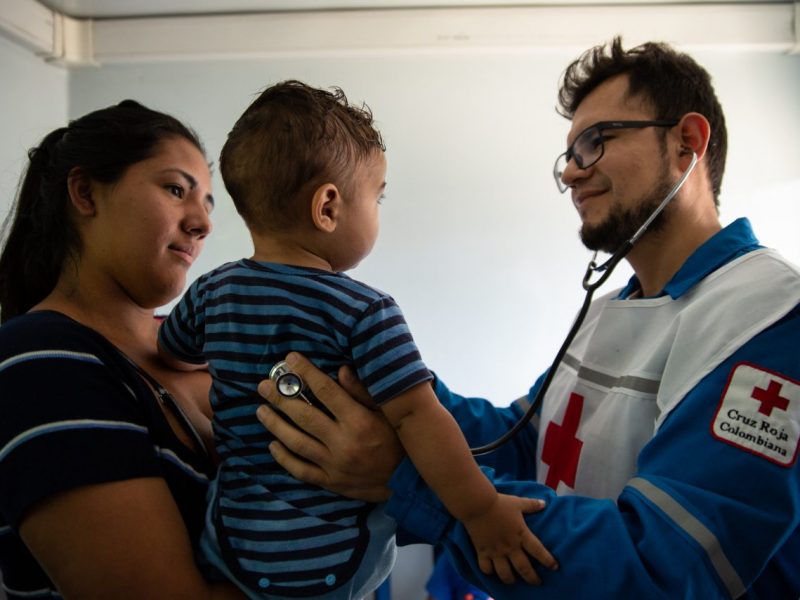
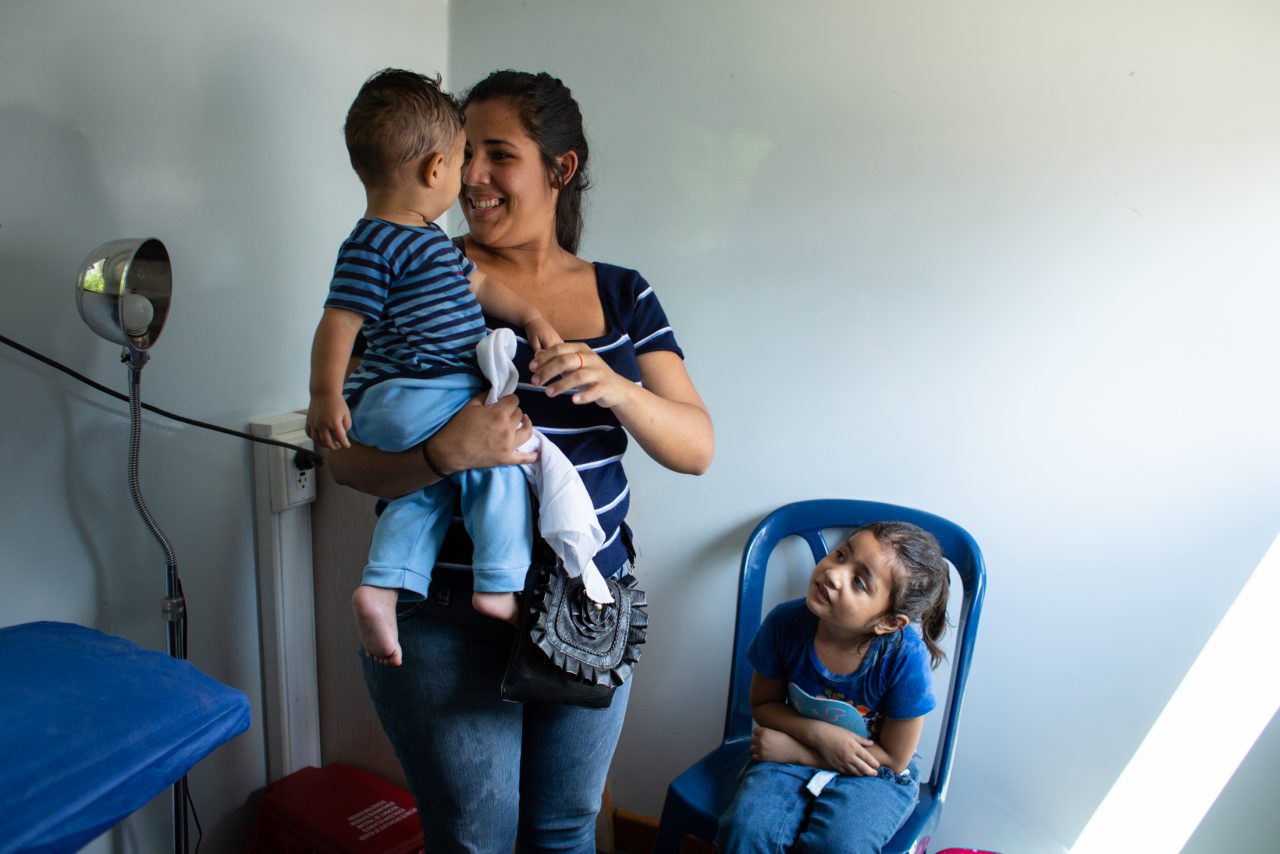
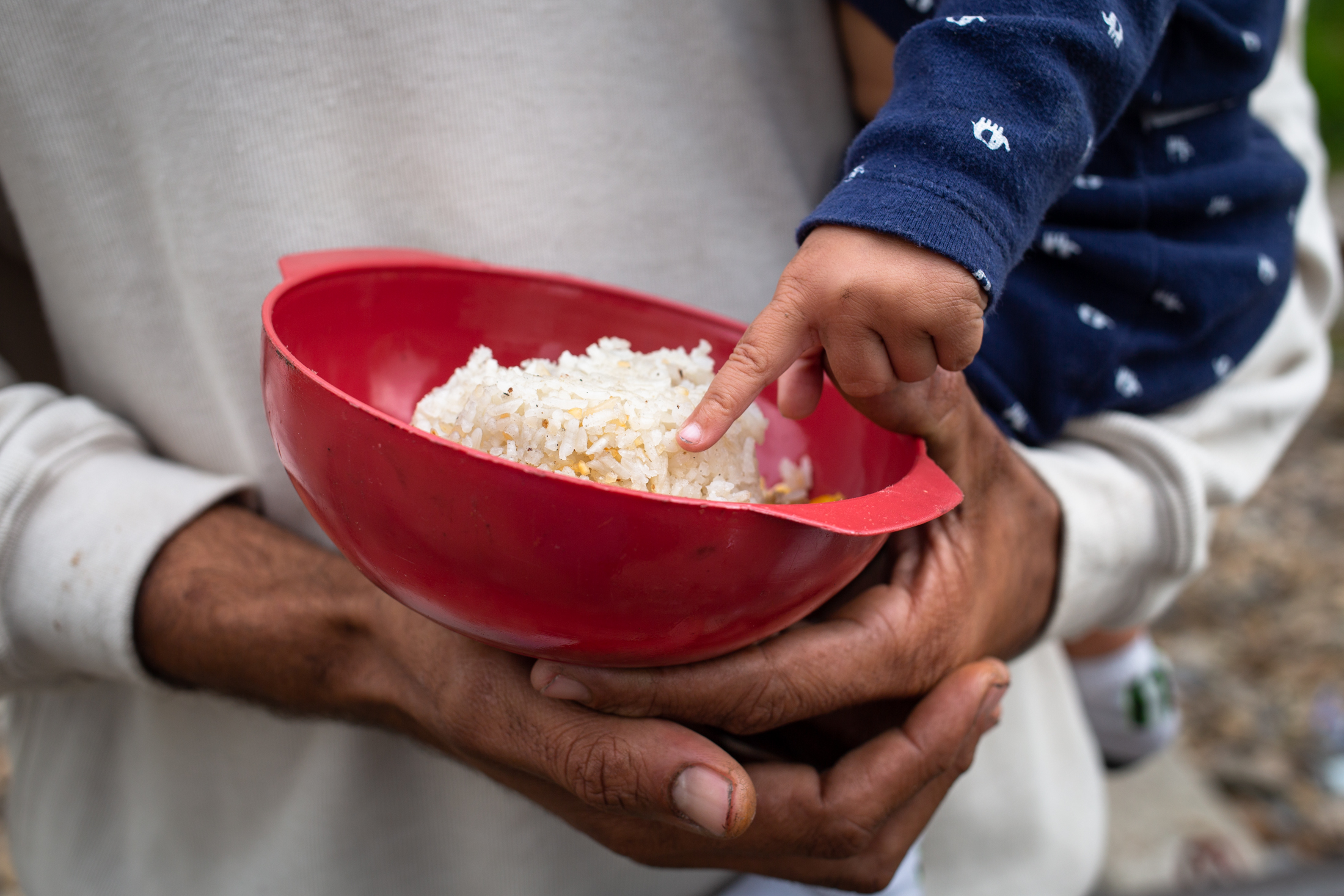
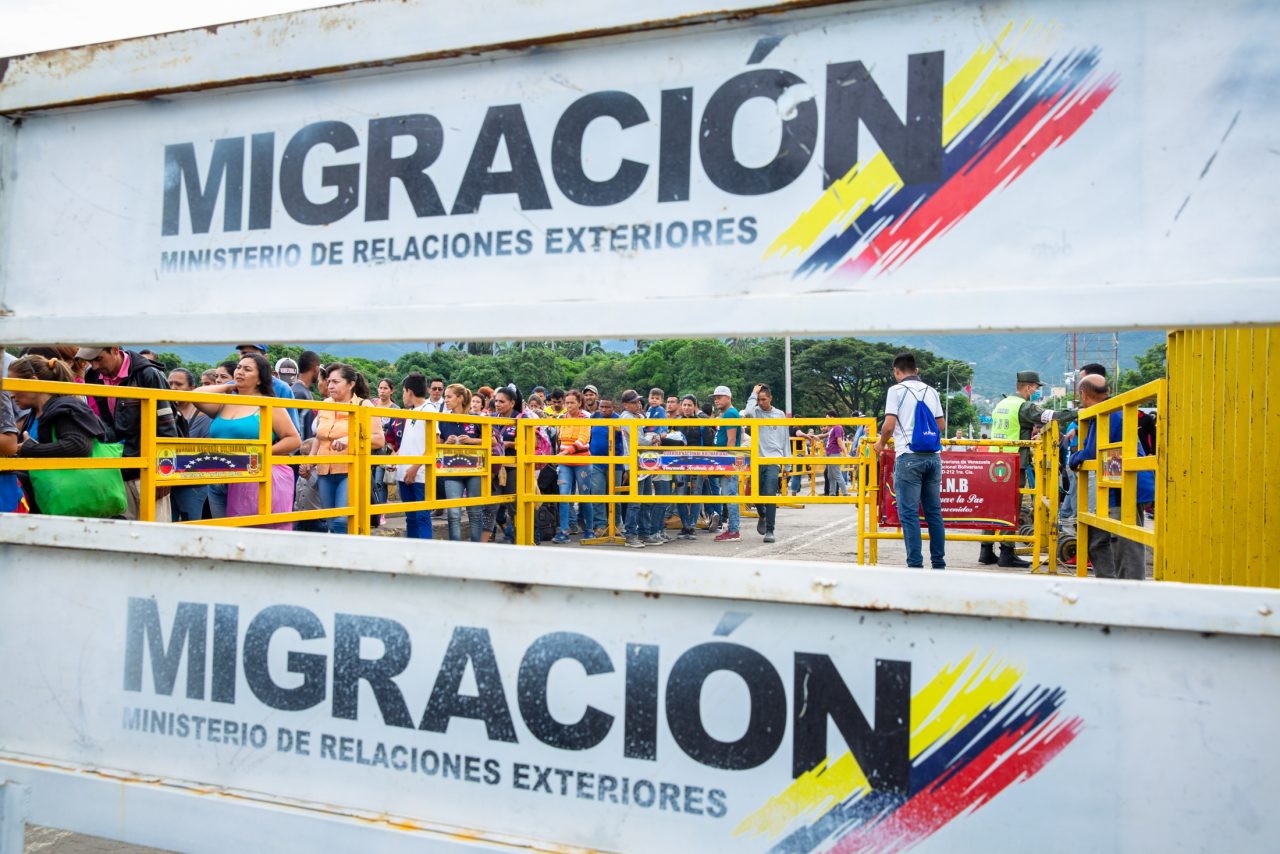
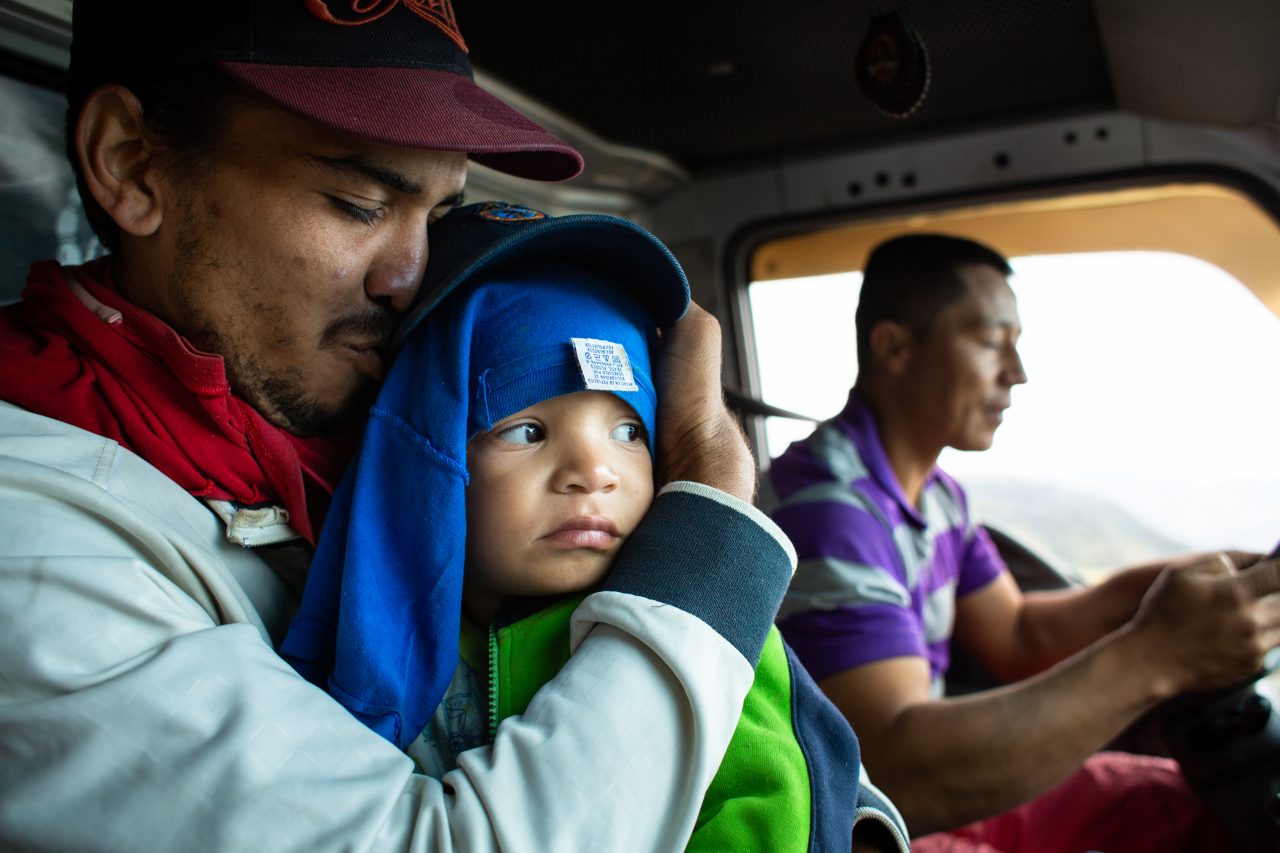
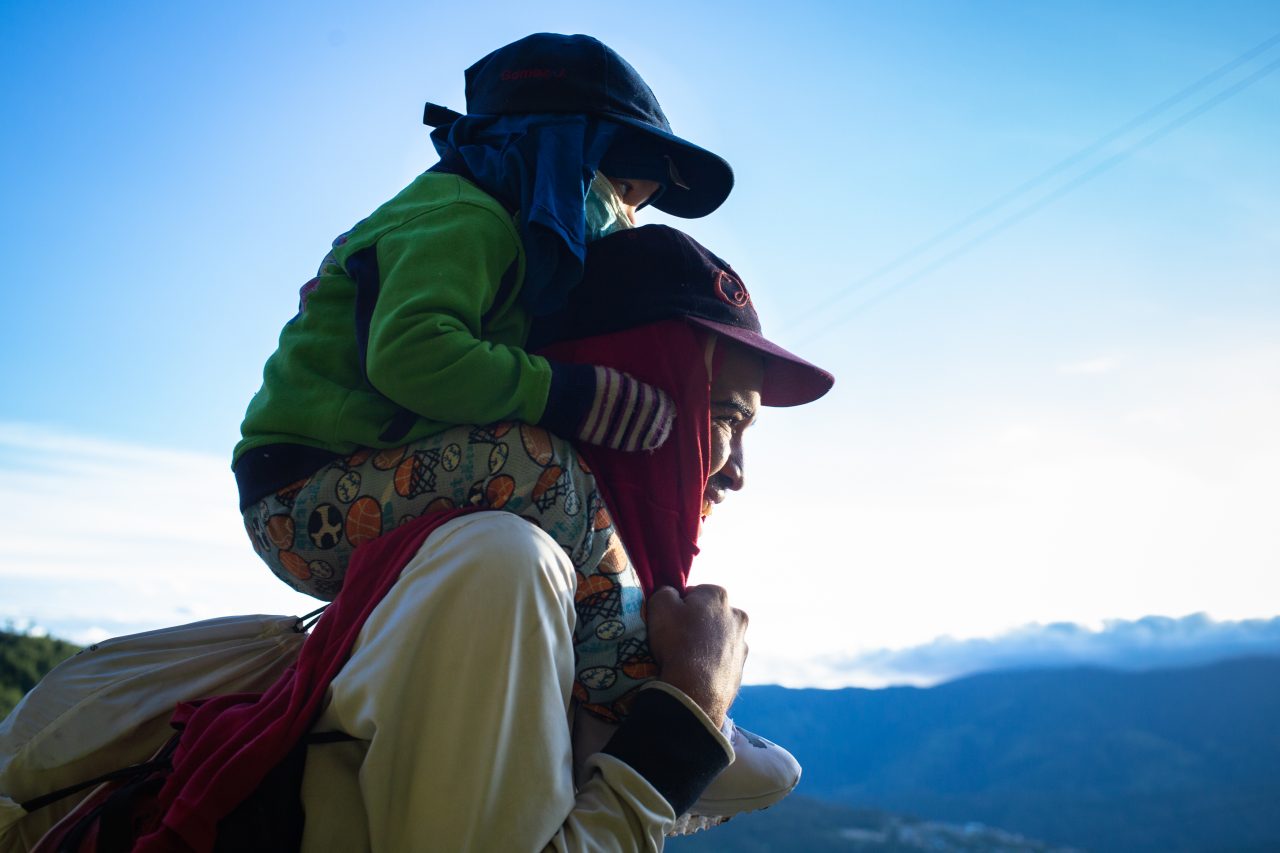






 Tech & Innovation
Tech & Innovation Climate Change
Climate Change Volunteers
Volunteers Health
Health Migration
Migration